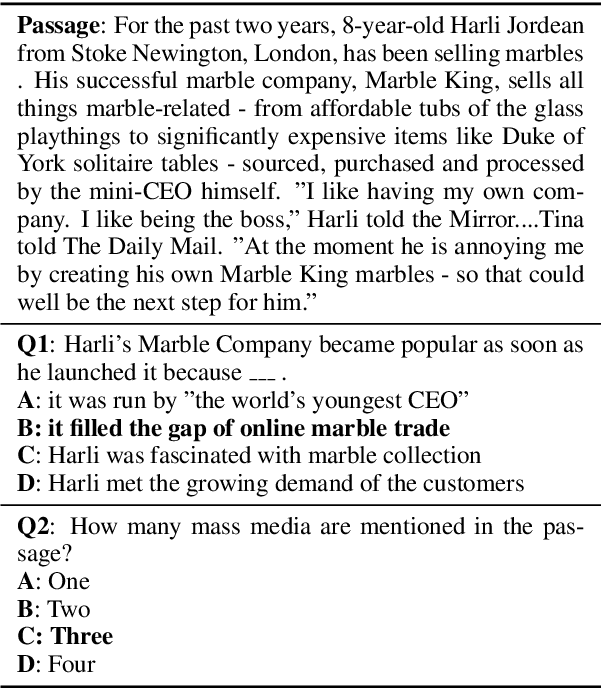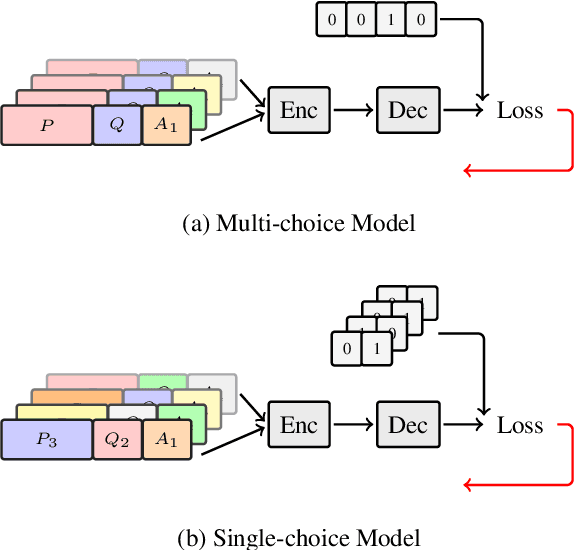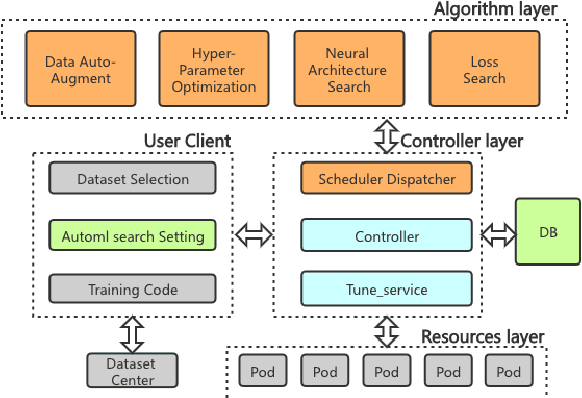Mu li
MOST: Motion Diffusion Model for Rare Text via Temporal Clip Banzhaf Interaction
Jul 09, 2025



Abstract:We introduce MOST, a novel motion diffusion model via temporal clip Banzhaf interaction, aimed at addressing the persistent challenge of generating human motion from rare language prompts. While previous approaches struggle with coarse-grained matching and overlook important semantic cues due to motion redundancy, our key insight lies in leveraging fine-grained clip relationships to mitigate these issues. MOST's retrieval stage presents the first formulation of its kind - temporal clip Banzhaf interaction - which precisely quantifies textual-motion coherence at the clip level. This facilitates direct, fine-grained text-to-motion clip matching and eliminates prevalent redundancy. In the generation stage, a motion prompt module effectively utilizes retrieved motion clips to produce semantically consistent movements. Extensive evaluations confirm that MOST achieves state-of-the-art text-to-motion retrieval and generation performance by comprehensively addressing previous challenges, as demonstrated through quantitative and qualitative results highlighting its effectiveness, especially for rare prompts.
Improving Machine Reading Comprehension with Single-choice Decision and Transfer Learning
Nov 06, 2020



Abstract:Multi-choice Machine Reading Comprehension (MMRC) aims to select the correct answer from a set of options based on a given passage and question. Due to task specific of MMRC, it is no-trivial to transfer knowledge from other MRC tasks such as SQuAD, Dream. In this paper, we simply reconstruct multi-choice to single-choice by training a binary classification to distinguish whether a certain answer is correct. Then select the option with the highest confidence score. We construct our model upon ALBERT-xxlarge model and estimate it on the RACE dataset. During training, We adopt AutoML strategy to tune better parameters. Experimental results show that the single-choice is better than multi-choice. In addition, by transferring knowledge from other kinds of MRC tasks, our model achieves the new state of the art results in both single and ensemble settings.
 Add to Chrome
Add to Chrome Add to Firefox
Add to Firefox Add to Edge
Add to Edge